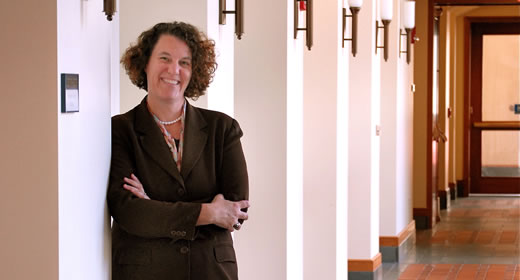
In some urban areas of Massachusetts, a statewide cap on charter schools restricts any additional charter seats. Susan Dynarski and Sarah Cohodes tackle this issue in “Massachusetts charter cap holds back disadvantaged students,” the latest Evidence Speaks report for the Brookings Institution.
According to Dynarski and Cohodes, voters should approve an upcoming November ballot proposal to raise the quota.
“There is a deep well of rigorous, relevant research on the performance of charter schools in Massachusetts,” they write. That research shows that urban area charter schools have vastly positive effects on student outcomes, especially for those who are disadvantaged or have low test scores.
The pair share research they began in 2007 in collaboration with other researchers and the Massachusetts department of education. Comparing the winners and losers of charter school lotteries, they measured “the effect of charter schools on student achievement, high school graduation, preparation for college, and college attendance.” Their findings: In areas where the charter cap currently results in limited enrollment, charter school students experienced increased positive outcomes, including test scores, taking and passing an Advanced Placement (AP) exam, and attending college after graduation.
In short, they say, “Massachusetts’ charter cap currently prevents expansion in precisely the urban areas where charter schools are doing their best work. Lifting the cap will allow more students to benefit from charter schools that are improving test scores, college preparation, and college attendance.”
Susan Dynarski is a professor of public policy at the Ford School, professor of education at the School of Education, and professor of economics at the Department of Economics. She serves as co-director of the Ford School's Education Policy Initiative, which engages in rigorous policy-relevant research to improve educational outcomes and reduce disparities.
More news from the Ford School